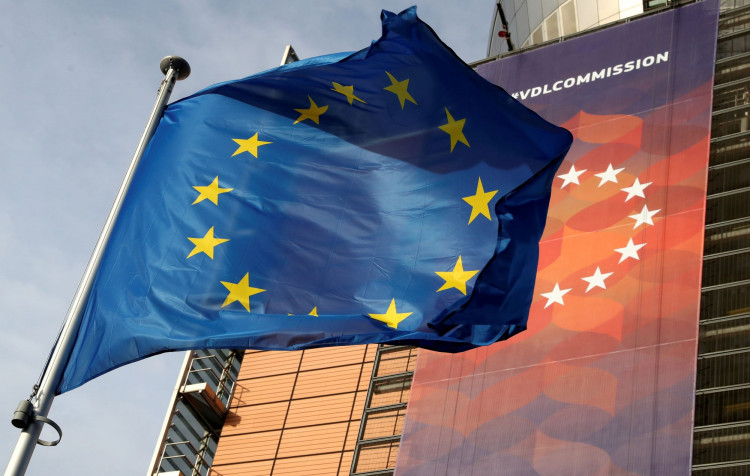With its major economies in recession, the European Union (EU) estimates the Common Market will shrink 7.5% in 2020 as the COVID-19 pandemic ignites the worst economic shock since the Great Depression of 1929. Before the coronavirus ravaged its individual economies, the EU estimated a 1.4% improvement in GDP this year.
On Wednesday, the European Commission (EC), the executive branch of the EU also projected a return to growth for the EU in 2021 at 6%. On the other hand, the Spring 2020 Economic Forecast projects the eurozone or euro area with its 19 Member States will contract by a record of 7.75% in 2020 but will grow by 6.25% in 2021.
Growth projections for the EU and eurozone have been lowered by 9% compared to estimates in the Autumn 2019 Economic Forecast. The EC also said the pandemic is severely curtailing consumer spending, investments, trade, industrial output, capital flows, and supply chains.
It said the shock to the EU economy inflicted by COVID-19 is symmetric since the pandemic has hit all 27 Member States. It said each Member State's economic recovery will depend on the evolution of the pandemic in each country, and on the structure of their economies and their capacity to respond with stabilizing policies. The economic recovery in each Member State will also affect the strength of the recovery in the other Member States.
"Europe is experiencing an economic shock without precedent since the Great Depression," said Paolo Gentiloni, European Commissioner for the economy.
"Both the depth of the recession and the strength of the recovery will be uneven ... Such divergence poses a threat to the single market and the euro area," he said, calling on the EU Member States to take decisive action.
Gentiloni revealed the EC is now working on more economic stimulus for EU Member States. A proposal for a "Recovery Fund" is expected in the coming days. He has suggested the fund might reach €1.5 trillion ($1.62 trillion).
EU governments are developing plans to lift confinement measures after weeks in lockdown. Italy, Portugal, Greece, Germany, and Austria are among the countries that have begun lifting some of their movement restrictions. Economists note overall business activity in the EU will be impacted for months to come because the reopening of economies is occurring gradually. The progressive easing of containment measures should set the stage for a robust economic recovery.
Despite these measures, the EU economy is not expected to have fully recovered from this year's losses by the end of 2021. Investments will remain weak while the labor market will not have completely recovered from the massive employee layoffs.
"While the immediate fallout will be far more severe for the global economy than the financial crisis, the depth of the impact will depend on the evolution of the pandemic, our ability to safely restart economic activity and to rebound thereafter," said Valdis Dombrovskis, vice-president for economic affairs said in a statement.






